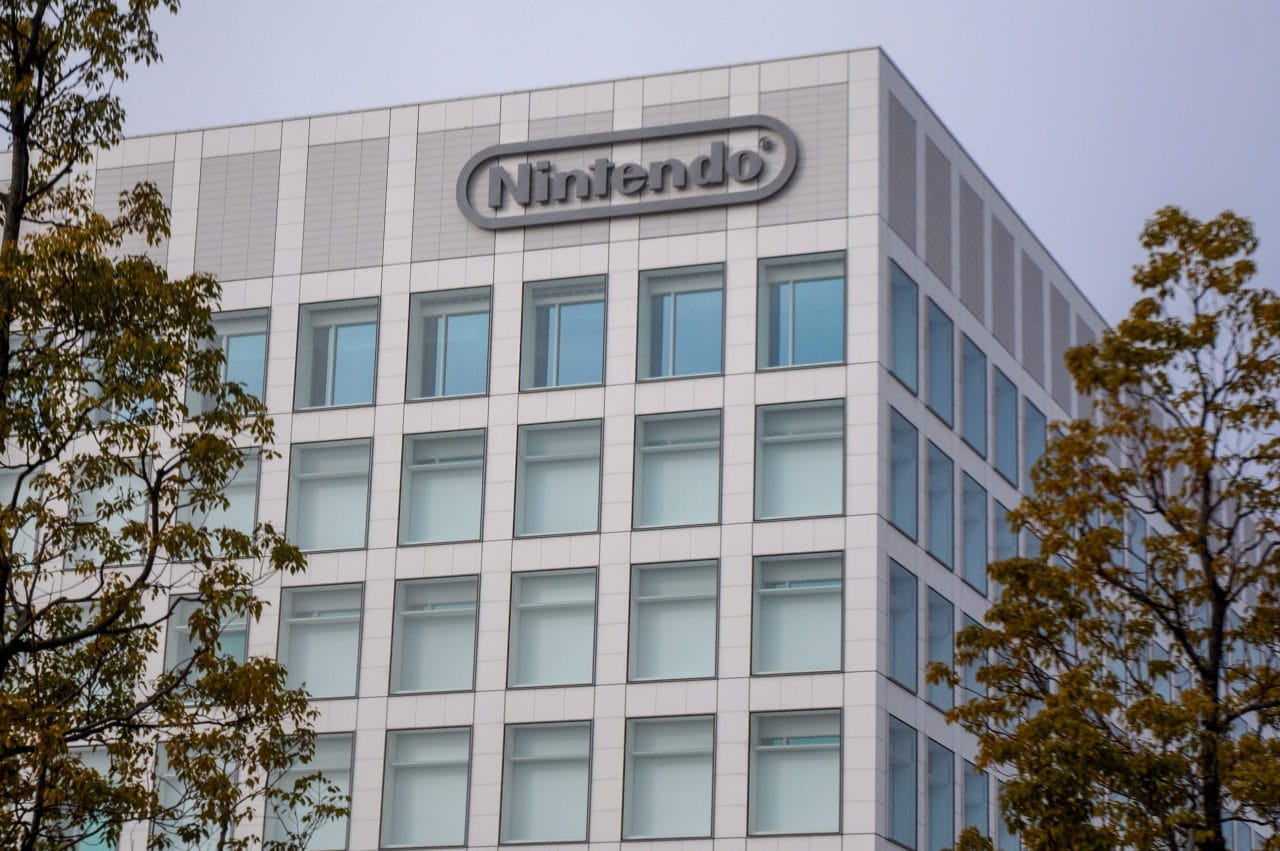Fossil Group, a notable player in the smartwatch market, has recently confirmed the discontinuation of its Wear OS smartwatch lineup. This announcement signifies a pivotal moment for the brand, which has been a key contributor to the evolution of smartwatches since their inception. Fossil’s decision to cease production of these devices highlights the challenges faced by traditional watchmakers in adapting to the fast-paced world of wearable technology.
The Wear OS platform, developed by Google, was designed to bring the functionality of smartphones to wristwatches, allowing users to receive notifications, track fitness metrics, and access apps directly from their wrists. Fossil was one of the early adopters of this technology, launching its first Wear OS smartwatch in 2015. The company aimed to merge fashion with technology, appealing to consumers looking for stylish yet functional wearables.
Despite its initial success, Fossil’s journey in the Wear OS segment has not been without challenges. The smartwatch market has become increasingly competitive, with tech giants like Apple and Samsung dominating the field. These companies have developed their own proprietary operating systems and ecosystems, offering seamless integration with their respective hardware and services. As a result, Fossil’s Wear OS smartwatches struggled to maintain market share, facing criticism over performance, battery life, and software updates.
The discontinuation of Fossil’s Wear OS devices is not just a reflection of the company’s struggles but also a broader trend within the smartwatch industry. Many brands have found it difficult to keep pace with consumer expectations and technological advancements. The rapid evolution of features such as health tracking, mobile payments, and app ecosystems has led to a demand for more sophisticated devices, which Fossil’s offerings failed to meet.
In response to these market dynamics, Fossil Group has announced a strategic shift in its business model. The company is now focusing on developing innovative wearable technologies that emphasize sustainability and user experience. This pivot aligns with the growing consumer demand for eco-friendly products and smart devices that integrate seamlessly into daily life.
Fossil’s decision to discontinue its Wear OS smartwatches also raises questions about the future of the platform itself. While Google has made strides in enhancing Wear OS, including partnerships with various manufacturers, the overall adoption rate remains lower than that of competing platforms. The discontinuation of Fossil’s devices may signal a need for a reevaluation of strategies within the Wear OS ecosystem to ensure its viability in a crowded market.
Moreover, this shift in focus from Fossil may lead to increased collaboration with other technology firms to create more advanced wearables. The company has already begun exploring partnerships with brands that prioritize health and fitness tracking, which is a significant area of interest for consumers today. By leveraging advancements in sensor technology and artificial intelligence, Fossil aims to create products that resonate with a new generation of users.
The end of Fossil’s Wear OS smartwatch lineup serves as a reminder of the challenges faced by traditional watchmakers in the digital age. As consumer preferences evolve, brands must adapt or risk obsolescence. Fossil’s pivot towards innovative and sustainable wearable technology reflects a broader industry trend, where companies are increasingly recognizing the importance of aligning their products with consumer values.
In conclusion, the discontinuation of Fossil’s Wear OS smartwatches marks the end of a significant chapter for the brand. As the company transitions towards new opportunities in the wearable technology space, it remains to be seen how this will impact the broader smartwatch market. The evolution of consumer preferences and technological advancements will continue to shape the landscape, and Fossil’s future endeavors will be closely watched by industry observers and consumers alike.


